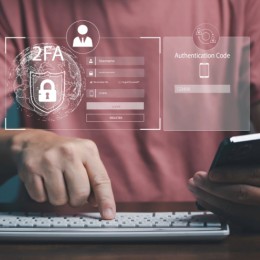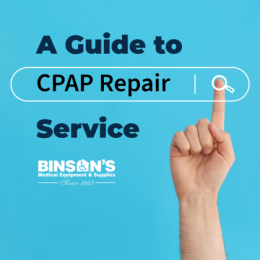
So often people with mental illnesses are being cared for by family members or close friends. It can be a complex and complicated relationship that can be challenging - for both the individual dealing with the illness and their caregiver to navigate.
Recovery from a mental illness is not one-size-fits-all and what works for one person might not work for another. Just as recovery looks different for everyone, so do relationships between caregivers and their loved ones with mental illness. You may be a spouse caring for your partner or a young person caring for your parent; caregivers vary across the board in their roles, resources, and abilities to support someone in recovery. While no two caregiver relationships are alike, there are some things we know are essential to everyone’s recovery.
This November is National Family Caregivers Month and Binson's is sharing tools to help caregivers strengthen relationships with their loved ones with mental illness through materials that educate and empower. If you are a caregiver, with the right tools and perspectives you can work together with your loved one as a team to accomplish goals, find a treatment plan that works, and be prepared in the event of a crisis.
It’s important for people with mental illnesses to have a voice and be involved in their own recovery. As a caregiver, it is vital to work with your loved one to determine what they want and need - and make sure they are included in any decisions being made. People with mental health conditions are often left out of mainstream activities like employment or education, but they have the right to meaningfully contribute to their community and be respected, just like everyone else. Peer support can help and teach skills so your loved one may keep working towards established goals that help people in recovery stay motivated and hopeful.
By staying educated on the latest treatment options, you can help your loved one make informed decisions about their treatment. Having a plan in place can help you make sure you set your loved one up to thrive throughout the recovery process - and can ensure that their voice is heard in the event of a crisis. But caregiving can be extremely stressful, that is why it is important for you to also take care of your own mental health. Visit mhascreening.org to take a free, anonymous, and confidential screen.
Binson's wants everyone to know that when we take the time to invest in our mental health, we can focus on creating an inclusive world for caregivers and those with mental illness to thrive, together.
Find out more and download the toolkit at mhanational.org/national-family-caregivers-month.










0 comments